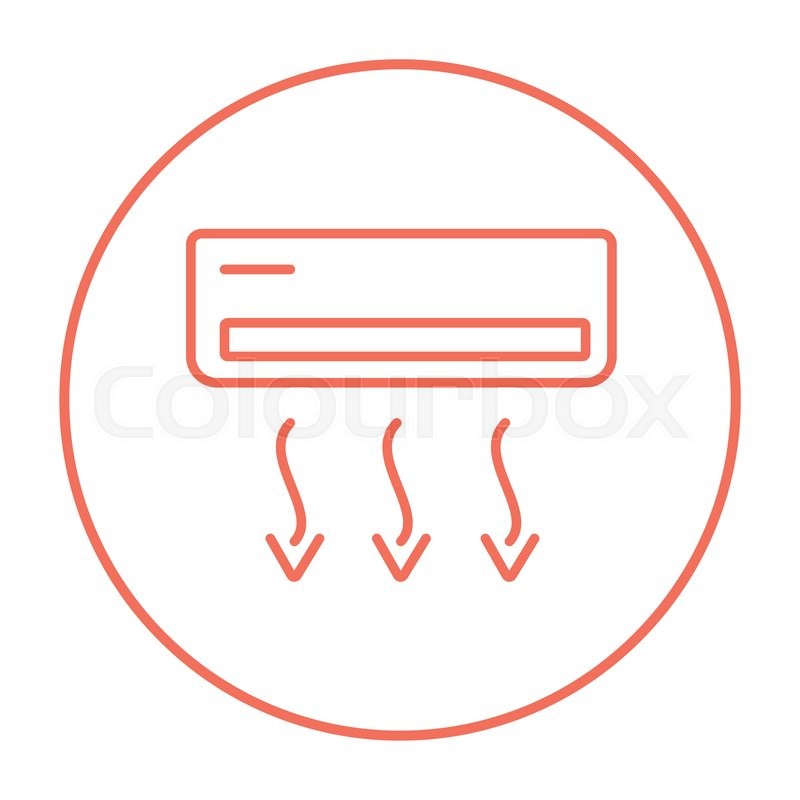Heatpump Vs Heater - Which Is The Better Heating Alternative For Your Home?
Heatpump Vs Heater - Which Is The Better Heating Alternative For Your Home?
Blog Article
Authored By-Rosenthal Smith
Lots of property owners are familiar with furnaces, which heat homes with oil or natural gas and press hot air via ductwork. residential heat pumps are relatively low-cost and can give reliable heating also throughout a winter season power interruption.
Nonetheless, they utilize nonrenewable fuel sources and create carbon monoxide gas and other air pollution. They likewise aren't as energy-efficient as a high-efficiency heat pump.
Price
Typically, heat pumps are a lot more budget-friendly to operate than heaters. best heat pumps in new zealand make use of electrical energy and refrigerant to essence heat from exterior air, and after that transfer it right into your home. You can make use of cheaper electricity prices during off-peak hours to additionally lower your home heating expenses.
Unlike heat pumps, gas or wood-burning heaters use combustion to create warmth, giving off flue gases into the atmosphere that can be harmful to your health. These heaters are also less energy-efficient than heat pumps, and their greater operating expense can accumulate gradually.
Furnaces are extra complex than heatpump and need normal upkeep to ensure the proper function of all parts. Regardless of this, they often tend to last longer than heat pumps with a common lifespan of twenty years or even more. Nevertheless, you'll need to factor in the cost of gas, fuel oil or timber and the additional equipment needed for installment and procedure such as ducts and air flow systems.
Energy Performance
Heatpump have a higher power efficiency ranking than heating systems. These systems make use of electricity to scavenge warm from the air, also in freezing temperature levels. They can also remove excess heat from the home throughout warmer months and recycle it to cool down the system. Provider specialists can help you identify the best model for your online on environment and resource energy costs.
Heating systems melt fuel oil, propane, natural gas or other kinds of nonrenewable fuel source to warm the air in the home. This air is then dispersed through ductwork making use of a huge fan. Heating systems generate greenhouse gases and need regular upkeep and tools upgrades to ensure risk-free operation.
The most significant advantage of a heater is that it can be run even in rough winter season conditions since it does not rely on outdoor temperature levels to warm the air. Furnaces additionally have a longer lifespan than heatpump and typically last 15 years. They can likewise be paired with double fuel alternatives, which choose the most efficient home heating option based upon the weather condition.
Climate
Heat pumps function well in moderate environments and use less source energy than heaters. Nevertheless, if your area is incredibly cool, you may require to buy a common gas furnace rather.
Furnaces supply warm, comfy warm and generally supply quick home heating to raise interior temperature levels. These systems can be used with a variety of gas types, including gas, propane, oil or power.
They eat a lot more power than heat pumps-- up to 3x as much-- and require ductwork that's pricey to set up or retrofit. They're additionally extra costly to preserve, as they can cause air quality problems and generate greenhouse gas discharges.
If you're devoted to minimizing your carbon footprint, a heat pump is a great choice for your home. They have less greenhouse gas emissions than heaters, especially if you choose a power CELEBRITY ® heat pump. heat pump system installation can clarify the distinctions in between these 2 heater and assist you make the best decision for your distinct needs.
Personal Preferences
Heaters can be really power effective when powered by natural gas, lp or oil, however they aren't as power reliable as heatpump in cold climates. They can also be a lot more costly to install, calling for gas lines and air flow systems.
However, furnaces often tend to call for less upkeep, which can result in lower continuous prices. They create fewer greenhouse gases and are more trustworthy than heat pumps during severe climate.
Electric heatpump are much more versatile in creating interior convenience due to the fact that they can additionally act as a/c unit throughout warmer months. They can be easier to preserve, calling for only regular air filter modifications and periodic vacuuming.
If you choose the benefit of a solitary system that does it all, think about a hybrid heating option that sets a furnace with an electric heat pump. These systems can automatically change between the two home heating options based on your home's requirements and temperature level problems, maximizing efficiency and cost savings.